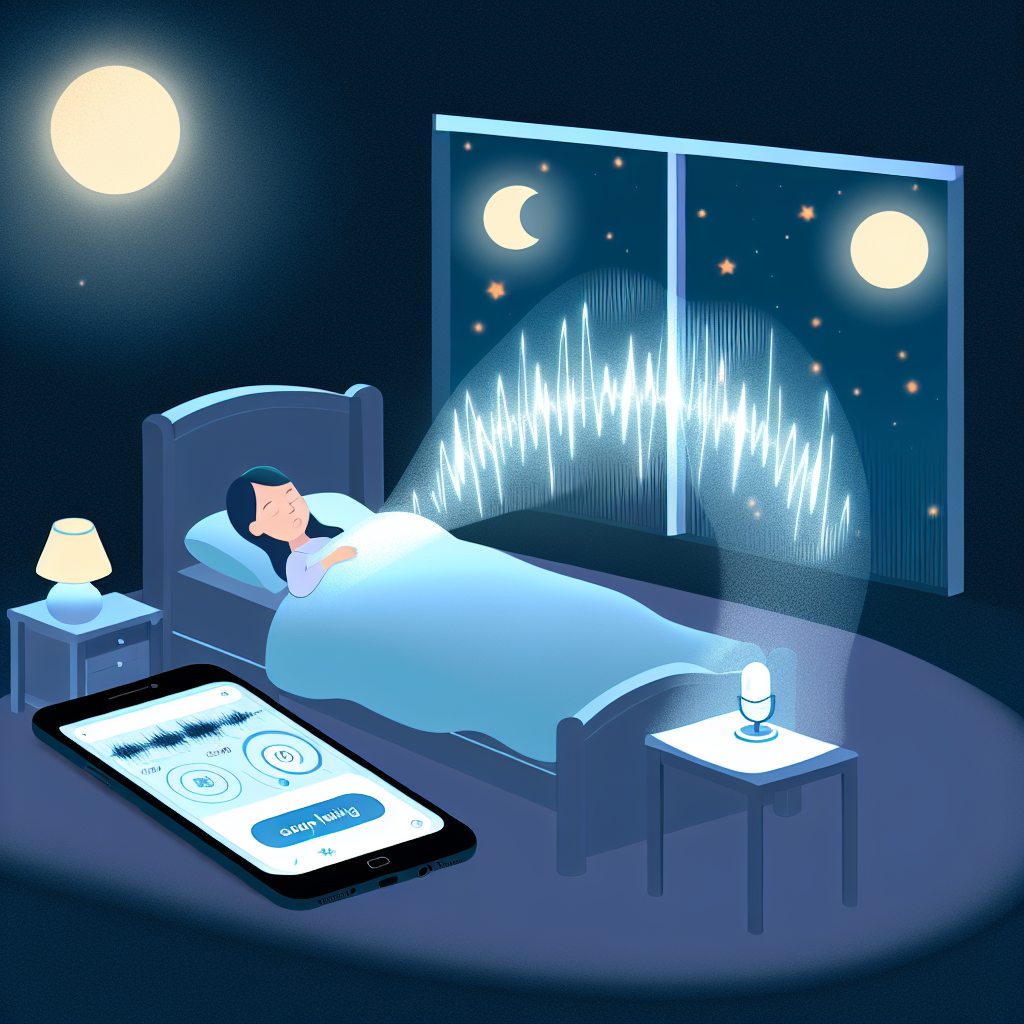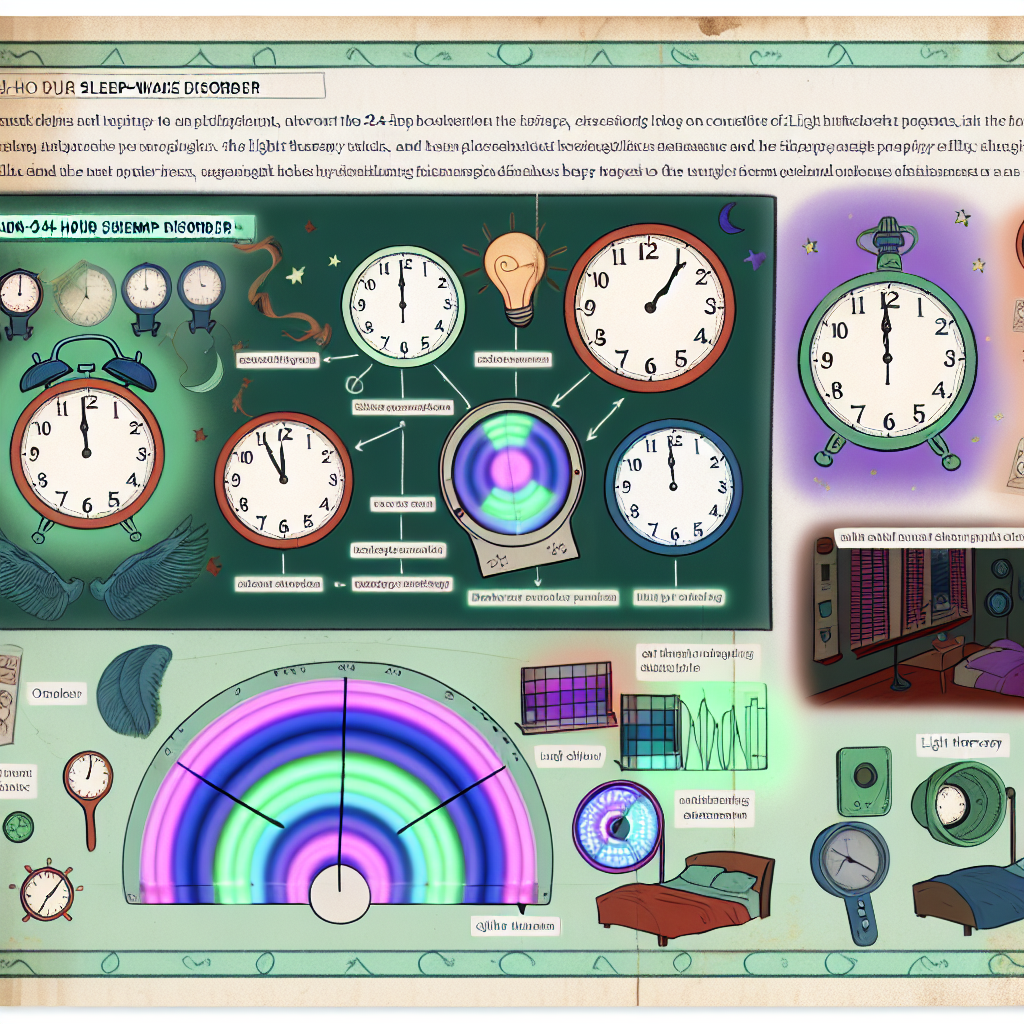Vitamin D Receptor Polymorphisms: Personalized Sleep Supplement Protocols
In an age where personalized healthcare is rapidly gaining momentum, the intricate connection between our genes and sleep is becoming an area of intense scientific focus. One exciting and relatively under-explored frontier in sleep science is the impact of vitamin D receptor (VDR) polymorphisms on sleep health.
The Hidden Role of Vitamin D and Its Receptors in Sleep Regulation
Vitamin D’s role in sleep is multifaceted. It contributes to the production of serotonin, a key neurotransmitter and precursor to melatonin—the hormone that regulates our sleep-wake cycle. Yet, how effectively this process unfolds hinges largely on the functionality of the Vitamin D Receptor (VDR), a nuclear receptor encoded by the VDR gene located on chromosome 12q13.11.
Several well-documented single nucleotide polymorphisms (SNPs) in the VDR gene—such as:
– FokI (rs2228570)
– BsmI (rs1544410)
– ApaI (rs7975232)
– TaqI (rs731236)
These variations can affect VDR protein structure, expression, or transcription efficiency. This can result in varying levels of vitamin D sensitivity and hence, differences in sleep regulation.
What the Science Says: Studies Linking VDR Polymorphisms to Sleep Disorders
Here’s how recent scientific literature is shedding light on this genetic and nutritional intersection:
A 2018 study in the Journal of Endocrinological Investigation found that individuals with the FokI (rs2228570) polymorphism responded less favorably to standard vitamin D supplementation in terms of sleep improvement, suggesting that genetic characteristics impact efficacy.
A 2020 study published in Sleep Health: Journal of the National Sleep Foundation highlighted a strong link between BsmI polymorphisms and sleep disorders like insomnia and delayed sleep phase syndrome, largely due to disrupted melatonin synthesis.
According to a 2019 meta-analysis in Nutrients, VDR gene variants not only impact vitamin D metabolism but also correlate with neurocognitive processes, many of which are connected to sleep homeostasis.
In a 2021 clinical trial at the University of Tehran (published in Frontiers in Neuroscience), subjects with the TaqI polymorphism saw significantly improved sleep quality and reduced daytime drowsiness when given genetically tailored vitamin D doses.
These studies make a strong case for genotyping as a precursor to any sleep-related vitamin D protocol. Understanding VDR polymorphisms can unlock a more precise, personalized—and ultimately more effective—supplementation strategy.
Building Personalized Sleep Supplement Protocols Based on Your Genotype
Once VDR genotype data is obtained, you can customize vitamin D supplementation for optimal sleep outcomes. Here’s how specific polymorphisms can inform dosing:
FokI FF Genotype: Typically associated with more efficient vitamin D metabolism. Individuals may require lower doses to achieve desirable effects.
FokI f Allele Carriers: May benefit from higher or more frequent dosing to overcome reduced receptor sensitivity.
Magnesium and vitamin K2 are also important co-factors for individuals with reduced VDR activity, as they promote better vitamin D metabolism and indirectly support melatonin synthesis.
Tip: Regular monitoring of vitamin D levels through standard 25(OH)D blood tests is essential to ensure optimal dosing while avoiding toxicity.
In pediatric individuals where brain development is critical, such personalized supplementation protocols can be crucial in addressing neurodevelopmental sleep disturbances. Similarly, genotype-informed therapy may prove invaluable for older adults dealing with chronic insomnia and natural vitamin D decline.
Conclusion: A Smarter, Safer Approach to Sleep Supplements
Personalizing vitamin D supplementation based on Vitamin D Receptor polymorphisms is more than just scientific innovation—it’s a practical tool to optimize daily wellbeing. As nutrigenomics and sleep medicine continue to converge, genetic insights will empower us to go beyond guesswork and generic multivitamins.
If sleep remains elusive despite healthy routines and traditional supplements, your genes may hold the missing clue. From improved sleep latency and sleep architecture to lessening symptoms of insomnia or sleep apnea, the potential of a genetically informed protocol is enormous.
With DNA testing more accessible than ever, now is the time to explore this vital bridge between nutrient metabolism, neurotransmitter production, and personalized sleep health.
Welcome to the future of smarter sleeps.
References
– Journal of Endocrinological Investigation (2018): Effects of VDR Polymorphisms on Vitamin D Supplementation in Sleep Outcomes
– Sleep Health: Journal of the National Sleep Foundation (2020): Vitamin D Receptor Polymorphisms and Insomnia
– Nutrients (2019): Vitamin D and Neurological Function—A Meta-Analysis
– Frontiers in Neuroscience (2021): Personalized Vitamin D Dosages Improve Sleep Quality in TaqI VDR Genotypes
– NIH Genetics Home Reference: Vitamin D Receptor Gene (VDR)
Summary:
Personalizing vitamin D supplementation based on Vitamin D Receptor polymorphisms can unlock more effective sleep support strategies. By understanding how specific gene variants impact vitamin D sensitivity and sleep regulation, individuals can optimize their supplementation protocols and overcome sleep challenges like insomnia and sleep apnea. This emerging field of nutrigenomics offers a smarter, safer approach to improving sleep quality and duration.

Dominic E. is a passionate filmmaker navigating the exciting intersection of art and science. By day, he delves into the complexities of the human body as a full-time medical writer, meticulously translating intricate medical concepts into accessible and engaging narratives. By night, he explores the boundless realm of cinematic storytelling, crafting narratives that evoke emotion and challenge perspectives.
Film Student and Full-time Medical Writer for ContentVendor.com




